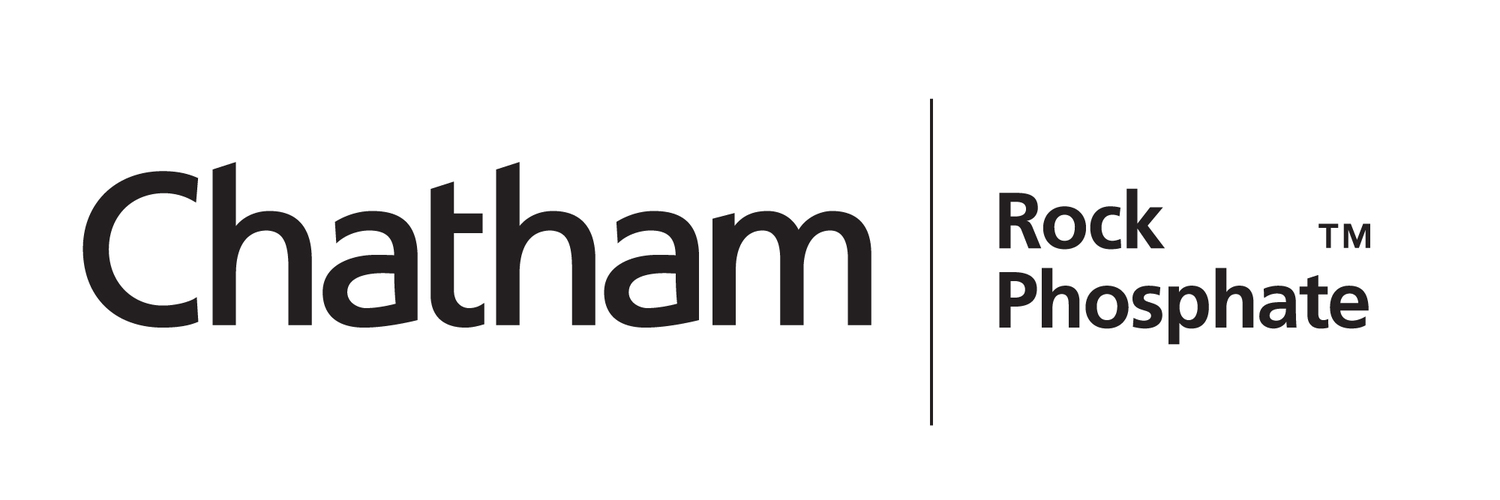Stuff NZ article - Fish v phosphate: Corporate sparring in action
/To read the article on stuff.co.nz - click here
Article text:
OPINION: After much squawking, the Government will allow fishing enthusiasts to take seven snapper, rather than nine, when they head out in the boat.
A new recreational limit of three snapper had been proposed but the white-hot anger of weekend anglers soon saw to that. Now, those same anglers will, unsustainably, deplete snapper stocks.
The little guy has won - and snapper don't vote. No wonder we are worried about our 100% Pure brand.
The commercial fishing industry - blameless, in that it is catching to its regulated snapper limits - copped a lot of nasty flak, nonetheless. That is the trouble with being the fishing industry.
No-one thinks much of you, even when you try your best to protect the environment through the quota management system, still world-leading 30 years on.
Being kicked around unfairly seems to have rubbed off on parts of the fishing industry itself.
The unusually vehement attack by the Deep Water Group, representing deep-sea fishing companies, on Chatham Rock Phosphate's mining plan for the Chatham Rise is a case in point.
Corporate arm-wrestling is more usually resolved out of the public eye by commercial players who respect one another's desire to create wealth and have no desire to destroy value without good cause.
CRP wants to hoover up about 30 square kilometres a year of seabed on the Chatham Rise to remove valuable phosphate nodules embedded in the sediment, returning about 85 per cent of what it scoops up to the sea floor.
It would provide an indigenous source for the $100 million of phosphate imported annually for New Zealand farms from Morocco, creating economic productivity, balance of payments benefits and, potentially, a new export industry.
"We wouldn't consider extracting phosphate nodules from a very limited area of the Chatham Rise if we expected it to cause more than very minor environmental impacts," said CRP's aggrieved chief executive, Chris Castle, in an open letter this week to Green MP Gareth Hughes.
But the fishing industry is dead-scared that depositing spoil back on the ocean floor will create plumes of sediment that could affect the health of the surrounding ocean - a main feeding ground for juvenile hoki (one of the industry's most valuable fisheries).
Castle argues he is targeting a relatively small 30 sq km of seabed every year for 15 years, whereas the fishing industry is bottom-trawling about 119,000 sq km in unprotected areas of the Chatham Rise annually, in perpetuity.
Both sides claim they are misunderstood. The fishing industry says bottom-trawling is really only "bottom-skimming". CRP says its multimillion-dollar investment in understanding local ecology and environmental impacts means the two should be able to co-exist.
Ad FeedbackEnvironmental lobbies that are fans of neither bottom-trawling nor deep sea mining are automatic winners in this corporate tit-for-tat.
While Hughes has lined up with fishing interests against CRP, they are, at best, fairweather friends - especially as Hughes' biggest concern is reportedly the destruction of sea floor corals.
This concern appears better founded than fears for juvenile hoki.
For a start, mining would kill everything that lives on the sea floor in the sea floor mining blocks.
After all, that is what mining does, wherever it happens. Fish can move away. Coral can't.
And while the mining blocks are small total areas, CRP's modelling shows sediment can drift up to 80km on ocean currents, although it should settle at a thickness of half a millimetre or less for most of that area. Anything above 1mm could be bad news for corals but not for fish stocks.
Most of that sediment would settle in the 820 sq km mining licence area CRP will apply for - close to 10 per cent of the benthic protected area where the phosphate is located.
The fact that CRP's proposal is inside an area protected from bottom-trawling creates a serious perception issue for Castle. The Deep Water Group's executive director, George Clement, likes to describe benthic protected areas as "underwater national parks" and "parts of the conservation estate", and says the fishing industry made "the difficult call" to stop bottom-trawling in these areas.
None of these claims are strictly true.
The benthic protected areas are fisheries exclusion zones - chosen because the fishing industry did not fish there anyway.
In principle, seabed mining is not prohibited. However, it gives both concerned fishermen and environmentalists a big hook on which to hang their objections, long before CRP's formal consent application gets in front of the Environment Protection Authority, the new agency regulating the exclusive economic zone.
CRP is a small, lightly capitalised company, which has done well to bring aboard its joint venture partner, Dutch seabed mining experts Boskalis, but it needs to keep tapping investors to fund its plans. These could scatter like reef fish at enough signs of trouble.
That would be a shame. CRP's plan is bold and potentially valuable to New Zealand. It deserves the opportunity to be considered with formality and care by the authority, not decapitated in the court of public opinion by a commercial competitor for resources.







 +64 21 5581985
+64 21 5581985 chris@crpl.co.nz
chris@crpl.co.nz PhosphateKing
PhosphateKing